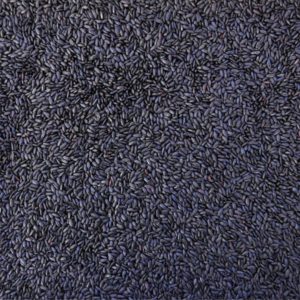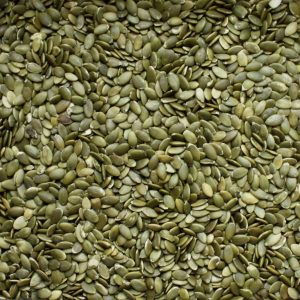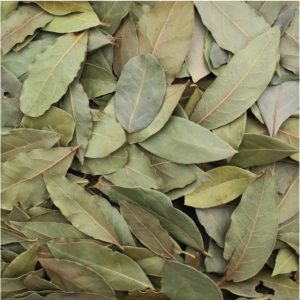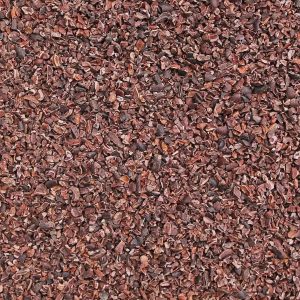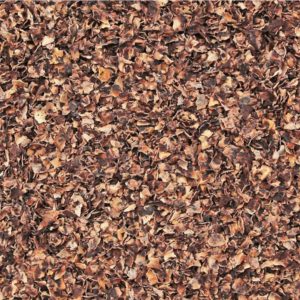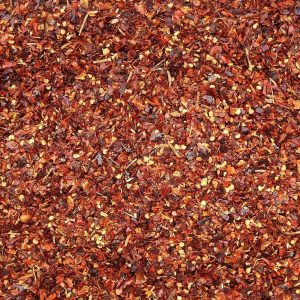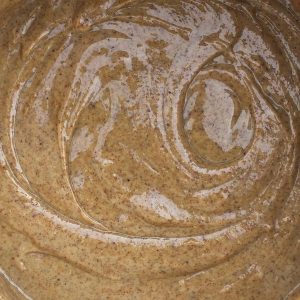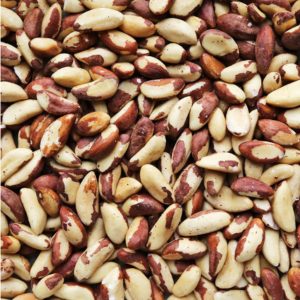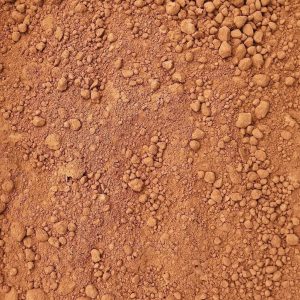General Information
Botanical Name: Anacardium occidentale Certified Organic
Origin: Brazil / India / Vietnam
Cashew nuts are actually the kidney-shaped seeds that adhere to the bottom of a sweet tasting cashew apple, the fruit of the cashew tree, which is native to the coastal areas of northeastern Brazil. Cashews require a hot, humid climate to proliferate and are now cultivated in more than 30 countries.
Production
Cashews are always sold shelled because the interior of the shells contains a caustic resin, known as cashew balm, which must be carefully removed before the nuts are fit for consumption. The process involves soaking in water, steaming, shelling, drying, cooling, peeling, and grading.
Qualities
Cashew nuts, like most nuts, are high in protein and low in carbohydrates and packed with soluble dietary fiber, vitamins, minerals and numerous health-promoting phytochemicals. They are rich in “heart- friendly” monounsaturated-fatty acids like oleic and palmitoleic acids, abundant in essential minerals like manganese, potassium, copper, iron, magnesium, zinc, and selenium, as well as a good source of B vitamins and folate.
Common use
The sweet and creamy taste and nutritional density make cashews an outstanding addition to a wide variety of foods and beverages including smoothies, energy bars, salad dressings or sauces, soups or stews, stirred into oatmeal or spread on pancakes or in sandwiches, in desserts and as toppings, or enjoy straight from the jar!
Ingredients
100% Organic Cashews, Whole
Storage
Due to their high content of oleic acid, cashews are more stable than most other nuts but in order to minimize oxidation we recommend storage in a tightly sealed container in the refrigerator (or frozen to extend shelf life to about 1 year). Cashew butter should always be refrigerated once it is opened to minimize oil separation.
Disclaimer
This information is for educational purposes only and has not been evaluated by the FDA or CFIA. It is not intended to diagnose, treat, cure, or prevent any disease. This product has been packaged in the same facility as peanuts, tree nuts, wheat, soy, and other potential allergens.



